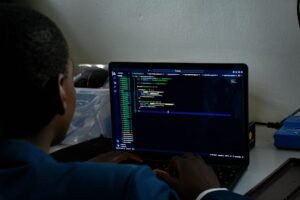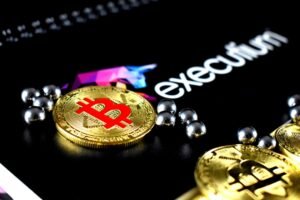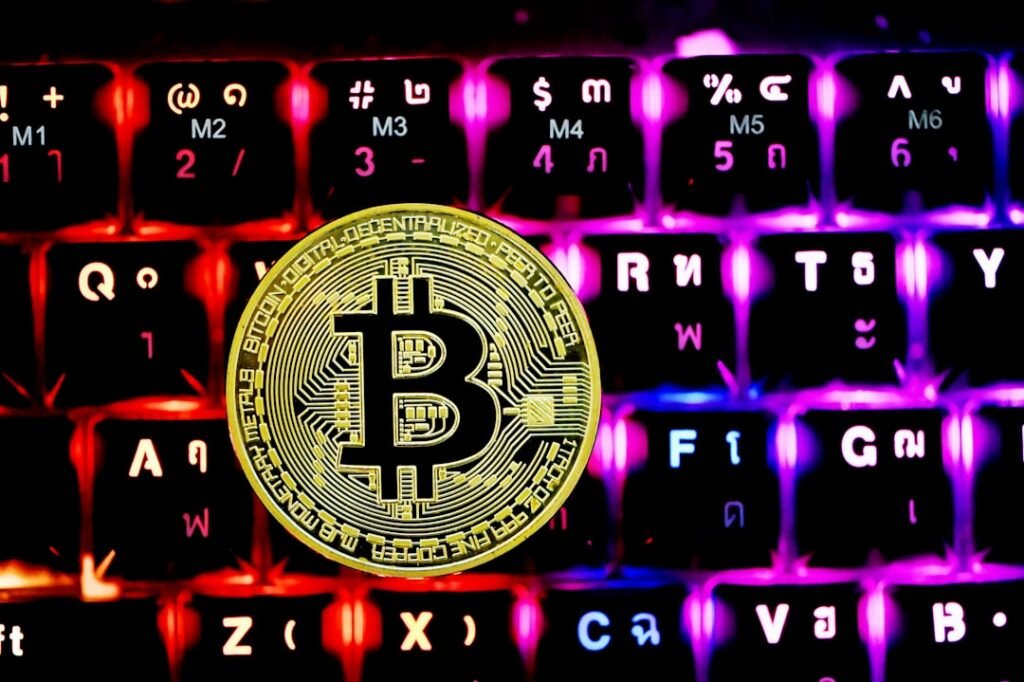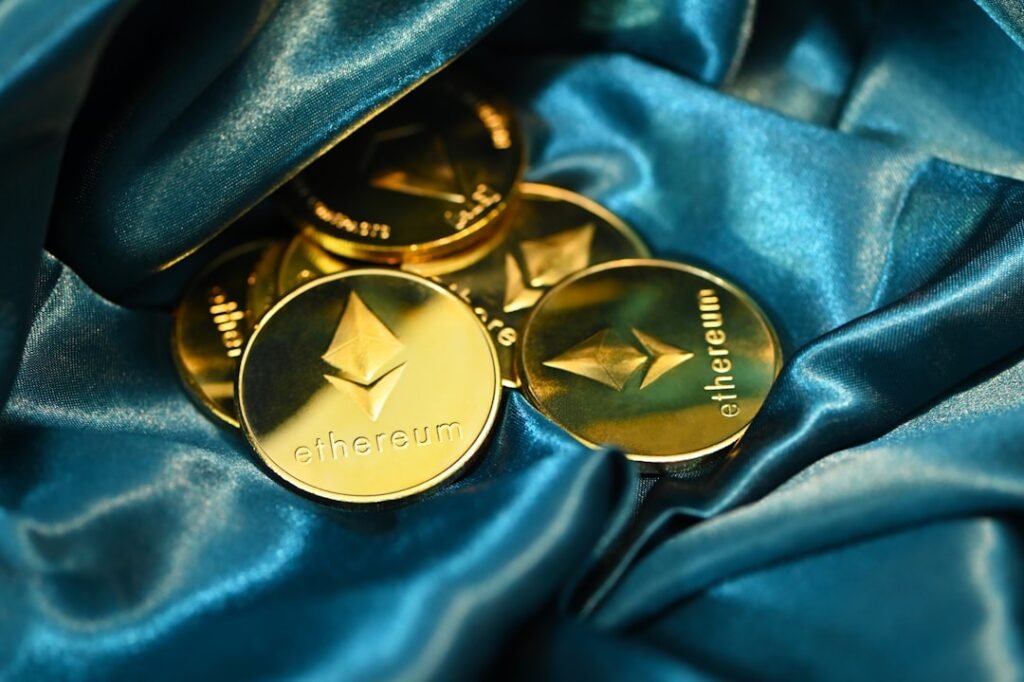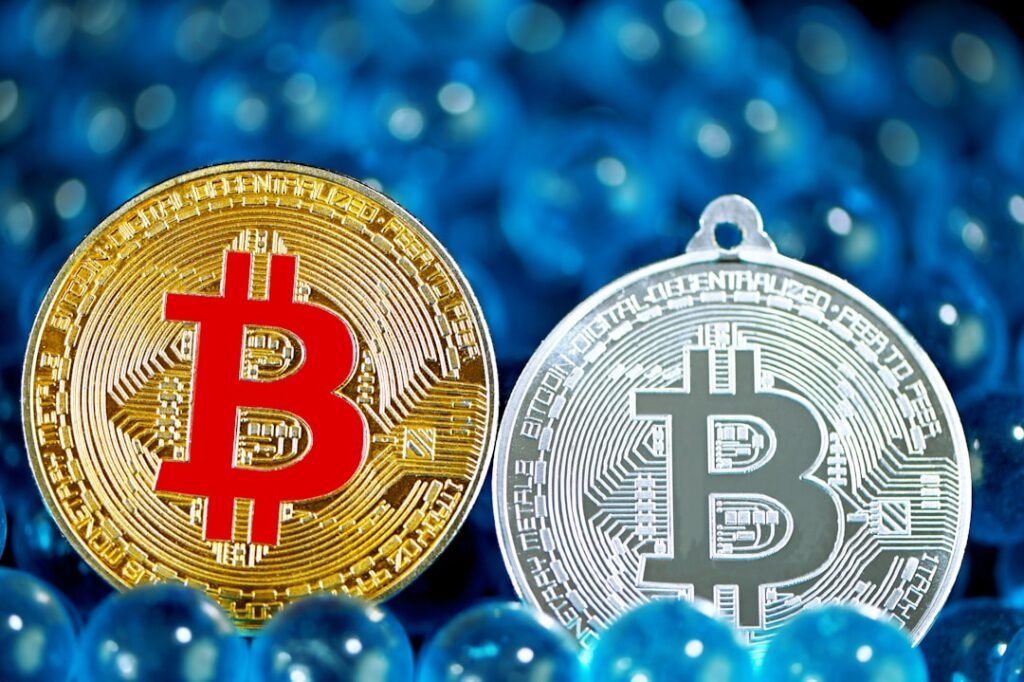Dunamu, the operator of South Korea’s largest cryptocurrency exchange Upbit, has officially announced the launch of its proprietary Layer-2 blockchain, named ‘GIWA’, along with a dedicated ‘GIWA Wallet’. The revelation took place at the annual Upbit Developer Conference (UDC 2025) on September 9, positioning the new network as a significant strategic expansion into blockchain infrastructure. GIWA, an acronym for ‘Global Infrastructure for Web3 Access’, draws its branding inspiration from traditional Korean roofing tiles (‘giwa’), symbolizing protection and reliability. The blockchain is built on the OP Stack, positioning it as an Ethereum Layer-2 solution. It is designed to feature approximately one-second block times and full Ethereum Virtual Machine (EVM) compatibility, allowing for seamless migration of existing smart contracts. A testnet, ‘GIWA Sepolia’, is already live. Notably, GIWA will not issue a new native token. In response to South Korea’s stringent regulatory environment—which prohibits domestic exchanges from listing self-issued tokens—the network will use ETH for gas fees. Dunamu emphasized its commitment to compliance, a decision influenced by past regulatory actions that led to the delisting of exchange-based tokens like its own Maro token. The accompanying GIWA Wallet is designed for user-friendly access, featuring email-based login, simplified key management, and ID-based transfers. Dunamu’s move into blockchain infrastructure marks an effort to diversify its revenue streams, which currently rely heavily on transaction fees. The company also aims to establish GIWA as a hub for Korean won and global stablecoins, aligning with broader trends in digital finance adoption. This development places Dunamu in direct competition with its shareholder, Kakao, which is also advancing its blockchain and stablecoin initiatives through Klaytn and KakaoBank. Dunamu has previously announced a partnership with Naver to develop a won-based stablecoin system, further intensifying competition in South Korea’s digital asset landscape.



